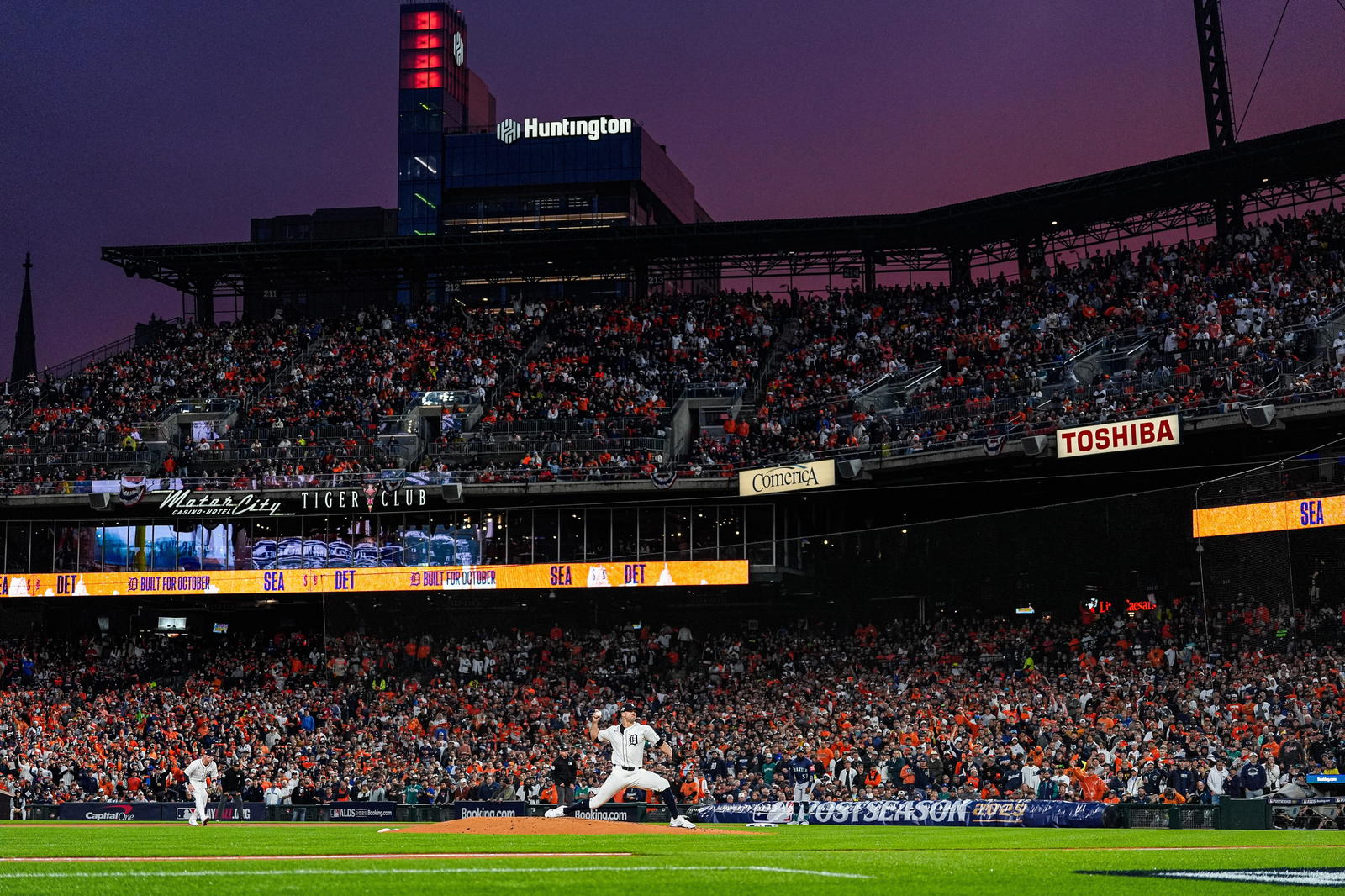

Flaherty's $20 million choice secures Detroit's rotation stability amid a booming pitcher market, offering crucial innings and strategic flexibility for the Tigers' playoff aspirations.
When Jack Flaherty decided to exercise his $20 million player option to return to Detroit for 2026, the Tigers quietly checked off one of their biggest offseason questions.
A Smart Move in a Surging Pitching Market
The market for starting pitching has exploded. Average or even back-end arms are cashing in — and quality innings are at a premium. One-year deals are ballooning well past $15 million; just last season, the Tigers paid Alex Cobb $15 million for his brief stay. With that context, Flaherty’s $20 million price tag looks more like a hedge against inflation than a risk.
What Flaherty Gave the Tigers in 2025
Flaherty’s 2025 numbers weren’t dominant, but they were steady:
- 31 starts, 4.64 ERA, 1.28 WHIP
- 188 strikeouts in 176 innings
- Held right-handers to a .231 average
- Logged one of his healthiest seasons since 2019
In a season where several young arms battled injuries or innings limits, Flaherty’s ability to take the ball every fifth day mattered. He wasn’t overpowering every night, but he was dependable, and that’s exactly what the Tigers need if they want to take another step forward.
How It Shapes the 2026 Rotation
Detroit now heads into spring with a rotation core that can go toe-to-toe with anyone in the AL Central:
- Tarik Skubal (ace, Cy Young contender)
- Jack Flaherty (veteran No. 2/3)
- Reese Olson and Casey Mize
- Troy Melton, possibly Keider Montero
Still, the Tigers starting pitching depth is thin.
The Bottom Line
In an offseason that just began, Detroit locking in Flaherty on his own terms feels like a win. It gives Scott Harris and A.J. Hinch cost certainty, innings stability, and flexibility to use resources elsewhere, whether that’s a bullpen upgrade or a right-handed bat.
Flaherty betting on himself for another year in Detroit shows mutual belief: the Tigers think he can refine the edges of his game, and gives Hinch a starter he is familiar with, who may gotten tired of going back to the free agent pool. For a franchise that’s wants to prove they are still a playoff contender, this helps, as the Tarik Skubal circus is set to begin.
Follow me on "X" @rogcastbaseball

